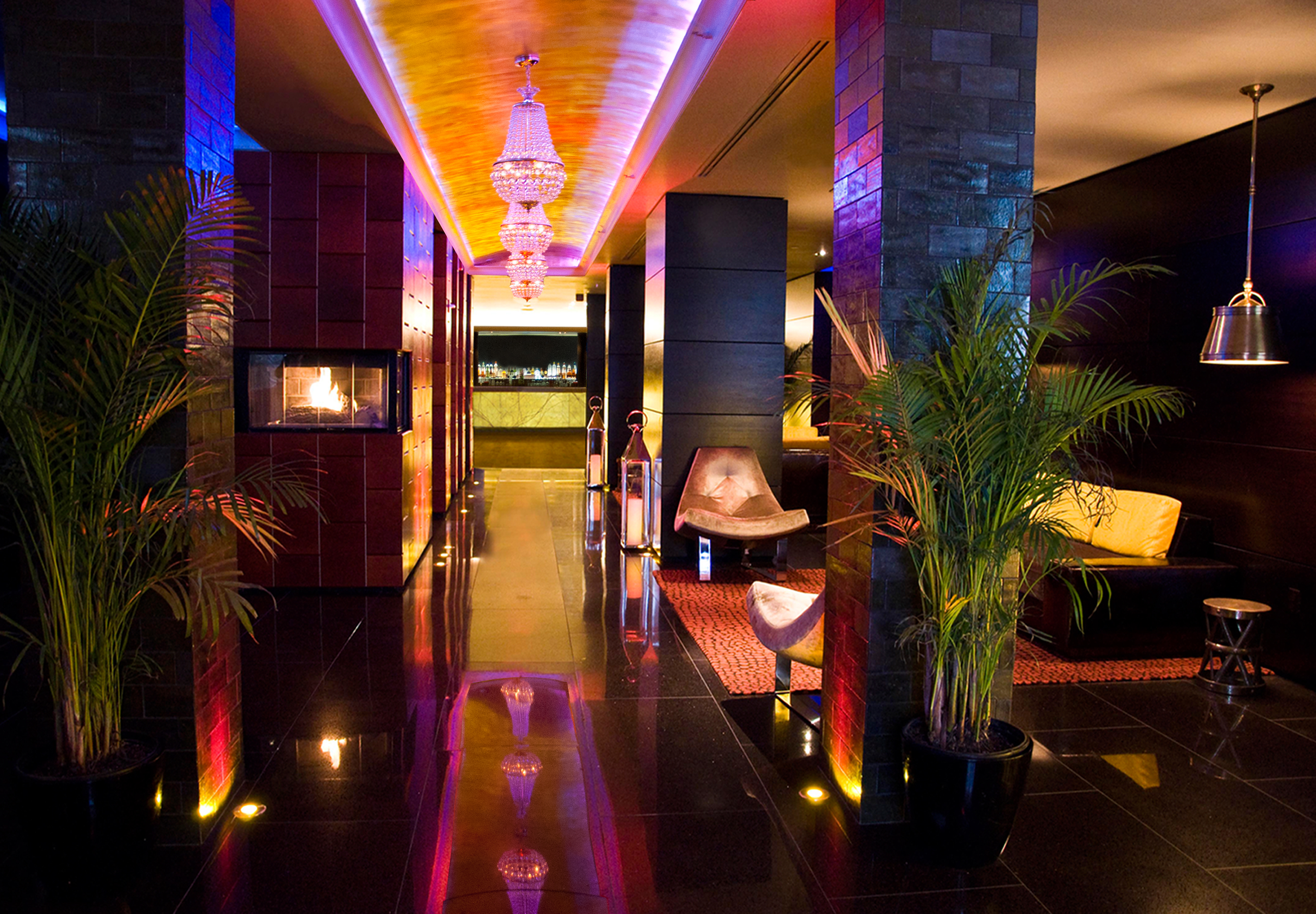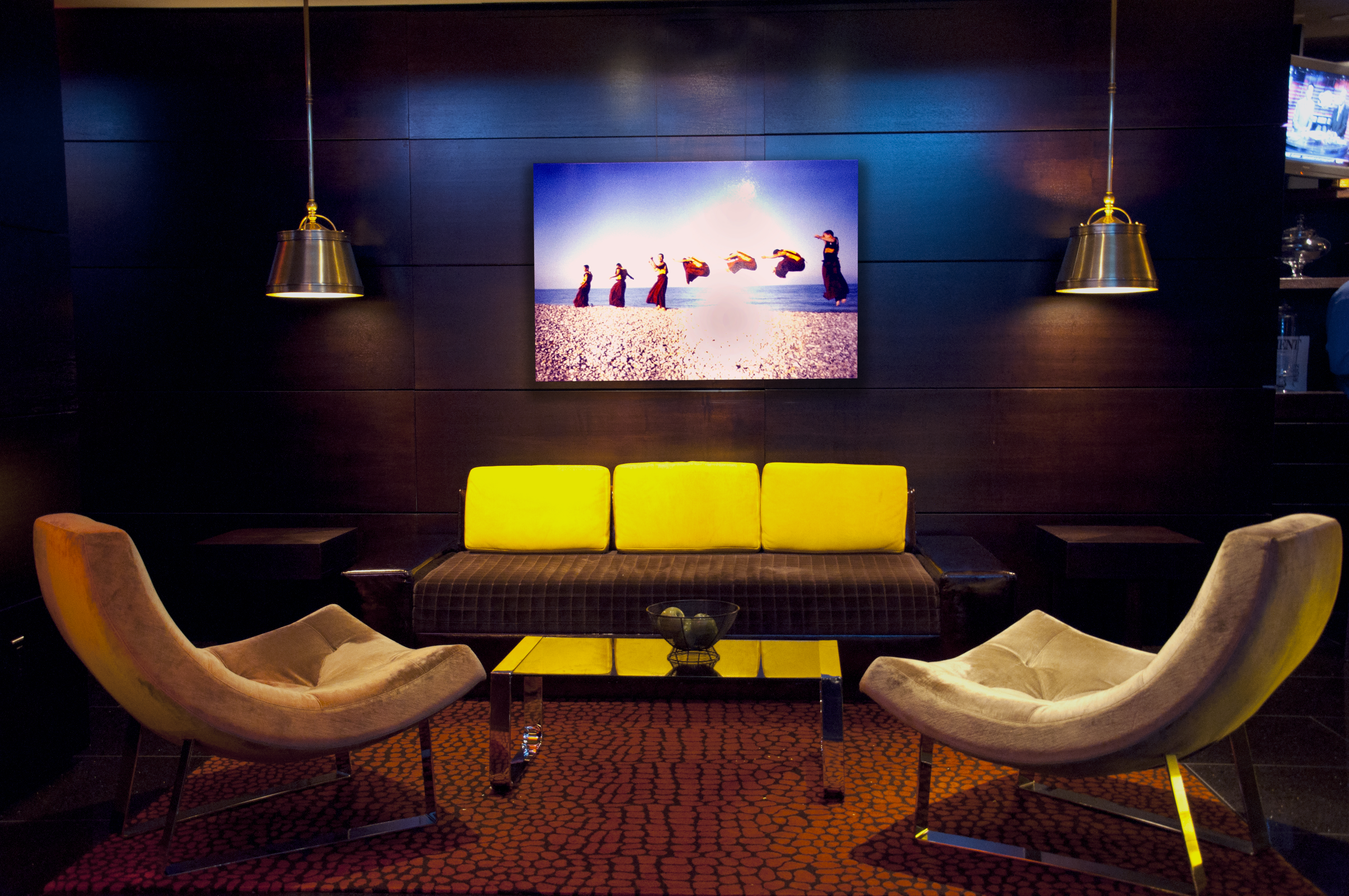“Every place I’ve turned around was a dump beforehand, for the most part.” So says Hank Freid, CEO of Impulsive Group, a developer of boutique hotels, mainly in New York City. But while Freid’s hotels are of the higher-end variety, they don’t begin life that way.
Freid has built his legacy on “upcycling” downtrodden properties, and is up front about the challenges associated with such a business.
Currently, Impulsive Group operates more than 650 rooms spread across six properties. Its flagship property, the Sanctuary Hotel New York, in Times Square, went under Freid’s knife in 2010. But when he bought it, Freid said the building was less than attractive. Look no further than the bulletproof glass in the building’s front windows.
Still, Freid is drawn to these properties, enjoying the renovation process and the building’s eventual turnaround, but he knows there must be a payoff in the end.
“Every property I’ve ever gone into was because I saw a bigger upside at the end for me,” he said. “For the Sanctuary, I thought the location was perfect, while top operators saw it was too expensive for the asking price. I felt the higher price would equalize in the coming years.”
Conditions for Entry
Rather than look specifically for high- or low-end hotels, Freid sets his sights on hotels that would benefit from repositioning.
“The location of a building is important, but the service you can provide and what you give to the client is more important,” he said. “There are markets in New York that are still hot, such as the Meatpacking District, and all of New York remains strong overall. I just think there are too many hotels in the city!”

Part of the reason Freid has found success in upcycling hotels is that there are so few others in the business. Not many developers are interested in working on properties without proper plumbing or electrical infrastructures already in place, particularly in markets like New York City, where development costs are high. But more and more developers are stepping into the space as available real estate dries up. Fried, a specialist on crumbling hotels, said the Sanctuary might be one of the last run-down properties in New York.
“In New York City, the biggest challenge for upcycling is the glut of new hotels on the market,” Freid said. “There is a lot of business going on, but there are so many more hotel rooms than in the past that prices are dropping very, very low.”
Hotel Improvement
Another challenge, Freid said, is the burgeoning home-sharing business, executed by the likes of Airbnb. Impulsive is still on the hunt for new development opportunities, but Freid is finding that home-sharing operators are impacting the hotel business in unexpected ways.
“When Airbnb first came up, I didn’t think it would affect our business, but it has,” he said. “Most of our guests come from corporate travel and leisure, and I always thought our clientele wanted more privacy and service when compared to other options, but Airbnb is attractive to the leisure traveler from a rate perspective, as well as positioning within a city.”

Because of rising competition in the upcycling space and the difficulty of finding properties in his native New York, Freid is turning his attention abroad. While researching developments in Miami, he also came across opportunities in Spain, specifically Ibiza, an area he believes is primed for activity. “The euro is down right now, and it will get strong again so I think now is a good time to be making moves.”
Staying on Top
If there was ever a time Freid was nervous about a project, it was the Ameritania at Times Square, his first venture in Midtown Manhattan, in 1989. “It was a bad year,” he said. “Hotels were vacant. I was concerned and became involved with partners because I wasn’t sure I could turn the building around myself. I was worried my pockets weren’t deep enough to keep it afloat so I took on partners. I’ve learned a lot since then.”
“[Higher-end] properties will be successful because they cater to travelers who aren’t normally affected by downturns, but all hotels are going to feel something,” he said. “Pricing is already being affected.”
